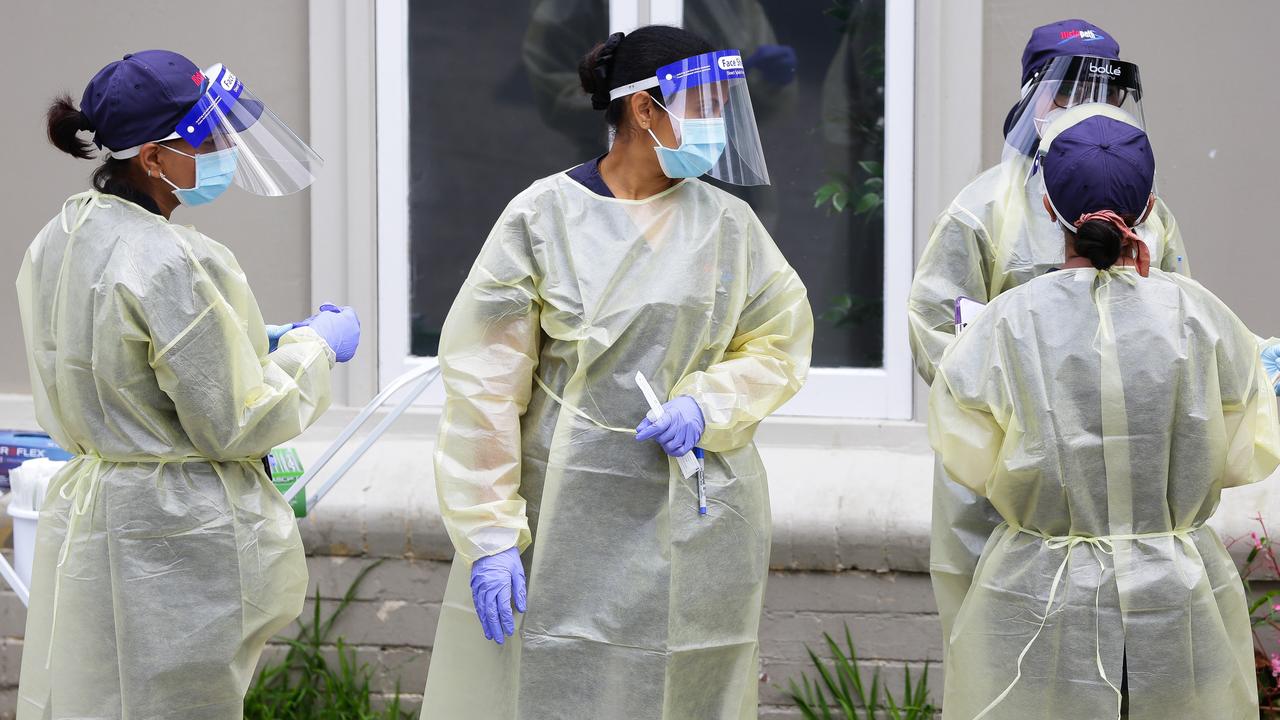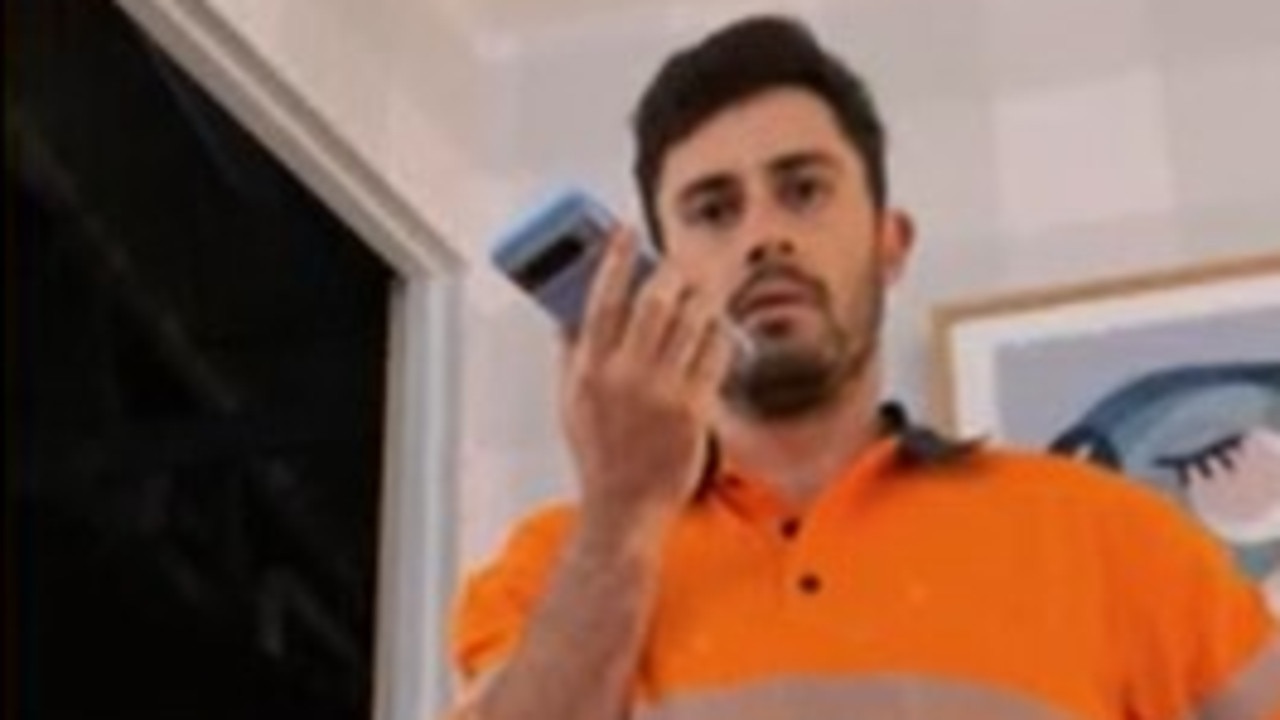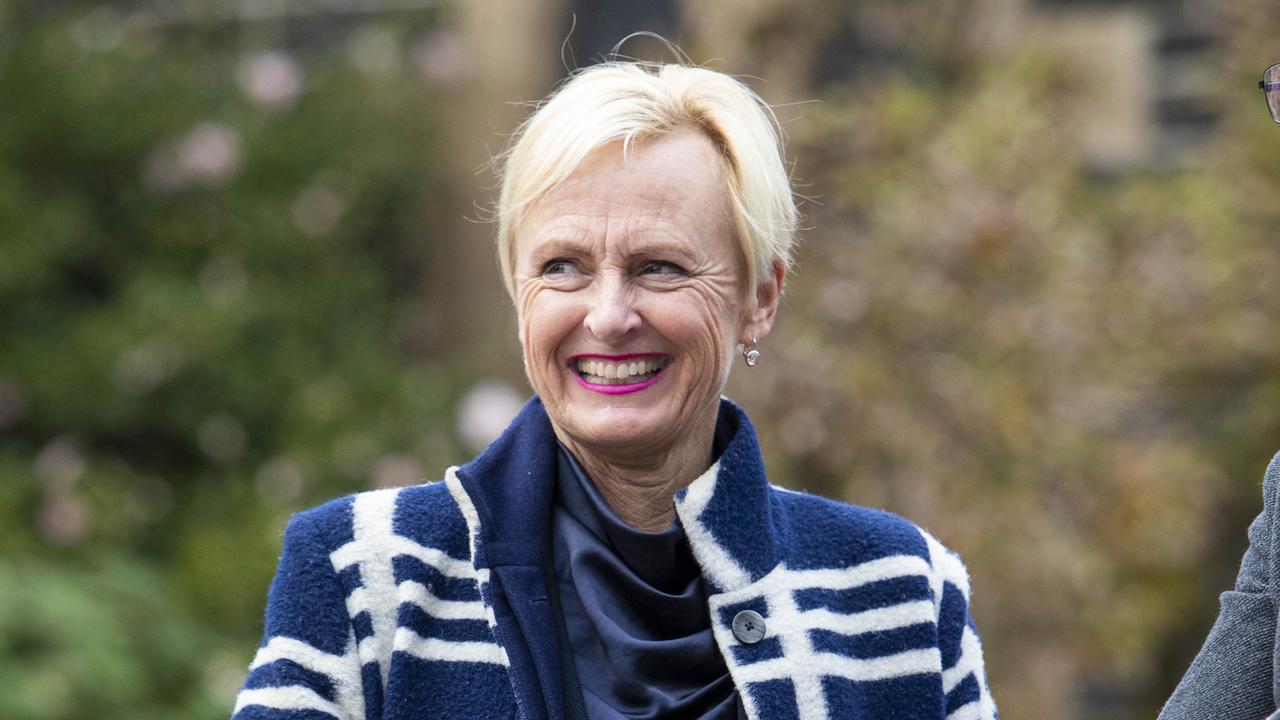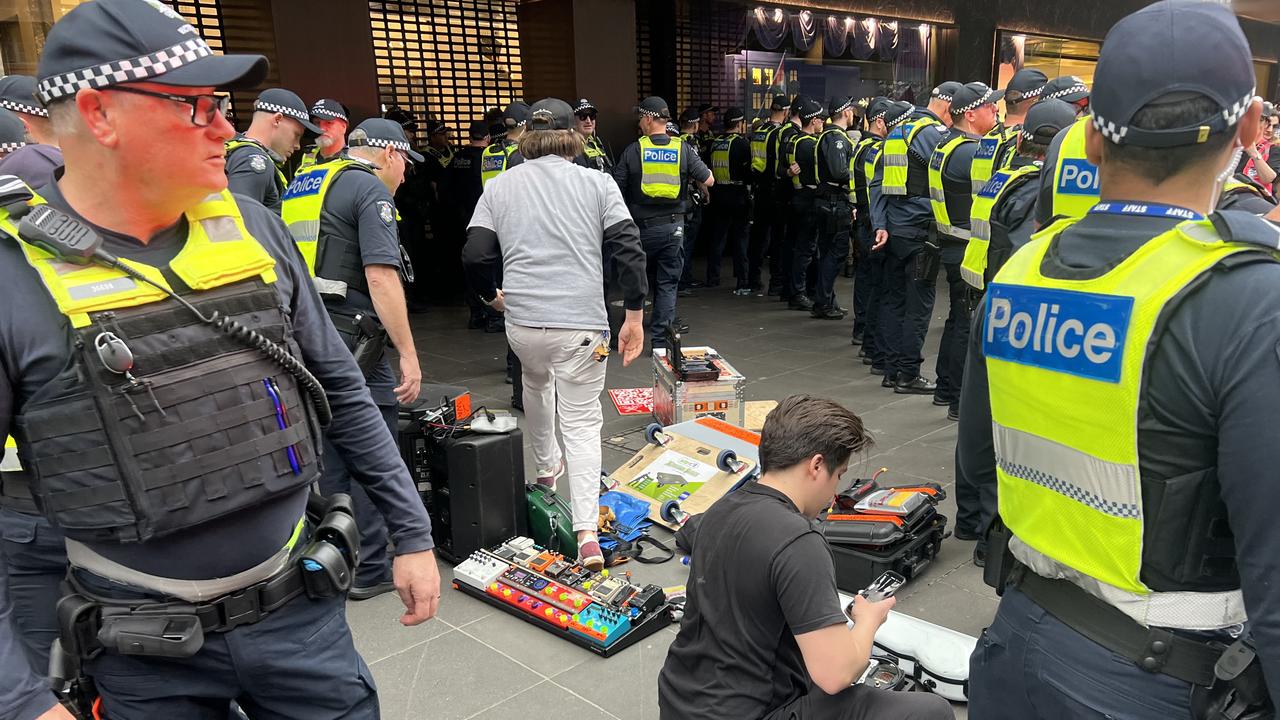Underage drinking linked to violence, risky sexual behaviour
Even a small amount of alcohol can lead to violent outbursts and risky sexual behaviour in teens, experts warn. And new data reveals the shocking number of parents who buy their kids booze.
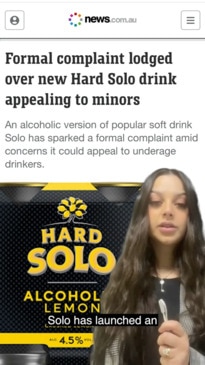
News
Don't miss out on the headlines from News. Followed categories will be added to My News.
Exposing teenagers to even small amounts of alcohol can lead to violent outbursts, risky sexual behaviour and binge drinking, experts warn.
It comes as new data reveals just under half (48 per cent) of Victorian teens aged between 12 and 17 who reported drinking alcohol in the past week obtained it from their parents.
This is a dramatic increase from 33 per cent in 2011.
A fifth of the teenagers got their hands on the booze from a friend, while just under one in ten students (nine per cent) bought it themselves, the Cancer Council research found.
It has prompted warnings from addiction experts.
Psychologist and research fellow at Turning Point and Monash Addiction Research Centre, Jodie Matar, said underage drinking could heighten the risk of violence, binge drinking and sexual assault.

“It’s really important to take a helicopter view of underage drinking and not see it in isolation,” she said.
“There’s a widely held belief that it is better to teach your kids how to drink safely. But the evidence is really strong – parents need to delay drinking for as long as possible.”
The Alcohol and Drug Foundation’s chief executive Dr Erin Lalor said giving teenagers alcohol, even just a few sips, could be harmful to cells in their developing brain.
“The effects can be anything from finding school work harder to trouble processing emotions or performing at their chosen sport,” she said.
Research fellow at the National Drug and Alcohol Research Centre, Dr Wing See Yuen, who followed 2000 young Australians across 11 years through their adolescence, said kids who were supplied alcohol by their parents were more likely to be binge drinkers and develop an alcohol use disorder, which could lead to liver disease and several cancers.
“Parents who supply are doing it with good intention. They’re trying to teach their kids how to drink more responsibly, how to stay safe when they are drinking,” she said.
“But when parents supply alcohol, [the kids are] drinking more than they would have been if they hadn’t been given alcohol. Parental supply is still riskier than not at all.”

Dr Yuen said parental supply was a little bit safer than non-parental supply including receiving alcohol from a friend or an older sibling.
“We also found parental supply in one year increases the chance that they’ll receive alcohol from non-parental sources in the next year.
“If you give your kids alcohol, you might be giving them the idea that it’s ok to receive alcohol and they’re more likely to accept alcohol from people who are not their parents.”
A third of people believe that a 16 or 17-year-old can occasionally drink one or two standard drinks without putting their health at risk, the 2022/2023 National Drug Strategy Household Survey found. A quarter said they believed it was beneficial to provide a 16 or 17-year-old with a little bit of alcohol in preparation for drinking as an adult.
In Victoria, adults can supply alcohol to other children if they have consent from the child’s parents.
This is despite 41 per cent of Victorian students receiving a drink from someone who was not their legal guardian and not having parental permission to do so, the Cancer Council 2022/2023 questionnaire of more than 2000 kids found.
The majority of respondents said they had tried alcohol before, with 20 per cent saying they were younger than 12 when they did. Premixed spirits, beer and spirits were the drinks of choice.
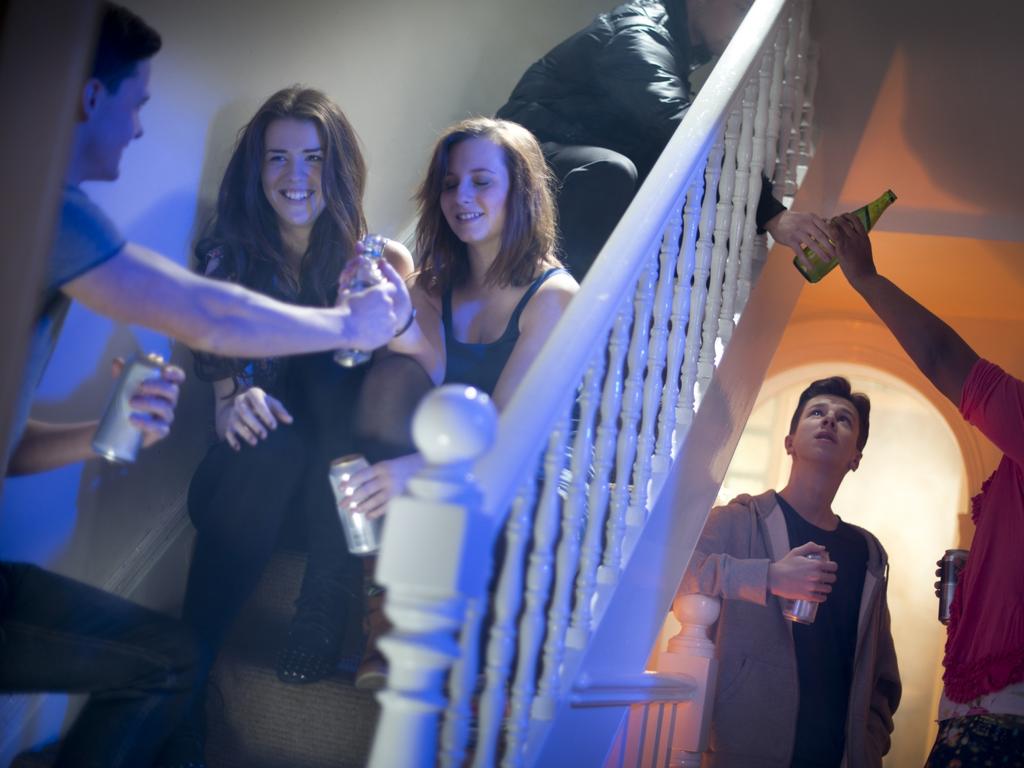
Cancer Council Victoria’s alcohol programs manager Alison McAleese said there was a “real problem” with the lack of publicised underage drinking guidelines.
“The guidelines in Australia for reducing risk from alcohol are really clear that anyone under 18 should have no alcohol at all,” she said.
“But those guidelines just aren’t widely publicised. So parents are getting their information, presumably from social media and everyday interactions.
“It’s different to know what the rules are compared to understanding [the risks].”
Ms McAleese called on the state and federal governments to invest in a campaign to help educate parents of the dangers of underage drinking.
“It’s clearly very common [for parents] to give teens alcohol. And it’s going to take some effort to shift that,” she said.
Ms Matar said parents should have regular and open conversations with their children about the effects of drinking underage and the intergenerational risks.
“Discussing problems early is really crucial, because half of mental health concerns start by around age 14.
“If they do choose to drink underage, it’s really important that parents don’t take an authoritarian view and punish them. Try to understand why they did it and explain the risks to them, or see if they need support in managing peer pressure.
“It’s also important to drop them off and pick them up from parties and really be involved in their teenager’s life.”
Originally published as Underage drinking linked to violence, risky sexual behaviour


